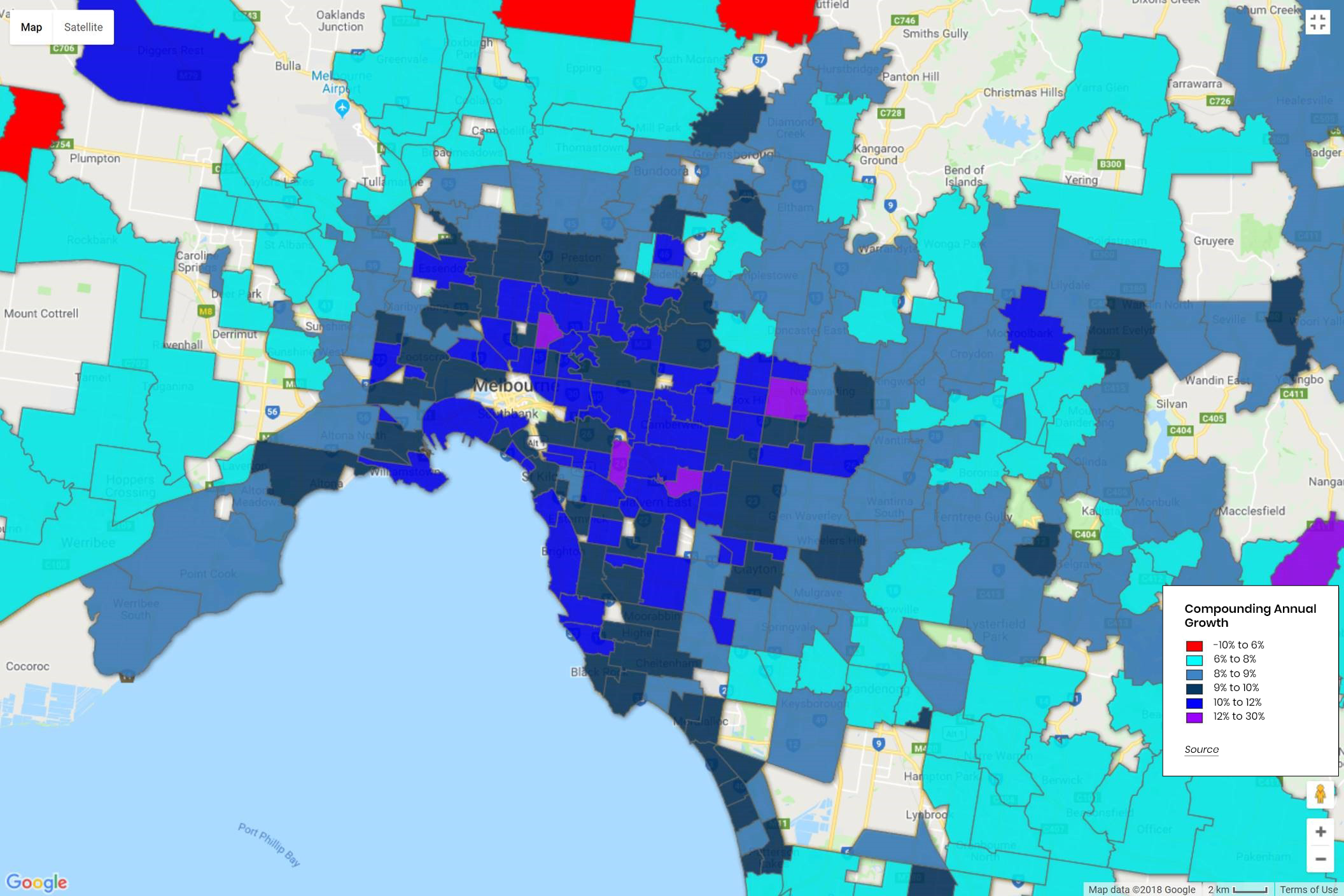Have you ever thought about how you can create a passive income through property investing?
Further to that… have you ever thought about the lifestyle you could design for yourself if you had $2,000 per week coming in… WITHOUT having to go to work for it?!
If that was the case, you could literally spend your time doing whatever it is you want – maybe it’s travel, maybe it’s philanthropy, maybe it’s each and everything in between!
Well, welcome to The Armchair Guide to Property Investing podcast…!
This show is for aspiring and existing property investors who want to learn how to build a multimillion-dollar property portfolio that creates $2,000 a week in passive income! Learn from Bryce Holdaway and Ben Kingsley, two of Australia’s leading property investment experts, the co-authors of the #1 bestselling book, The Armchair Guide to Property Investing and co-hosts of Australia’s #1 Property Podcast, The Property Couch – The Insider’s Guide to Property Finance and Money Management.
This show’s come together in a rather unique way (which Bryce is quickly going to tell you about now)… and, yep, it features the content, the “behind the scenes” summary and all of the best bits of our bestselling book – The Armchair Guide to Property investing: How to Retire on $2,000 a week. And, no, we don’t read it out word for word as that’s not as fun! 😉
If you want a FREE Physical Copy of The Armchair Guide, head to www.thearmchairguide.com.au for more details!
Enjoy the show… and, more importantly, enjoy your Lifestyle By Design!!

 Subscribe On Itunes
Subscribe On Itunes Subscribe On Android
Subscribe On Android
 Hi Ivise & team,
Hi Ivise & team,
